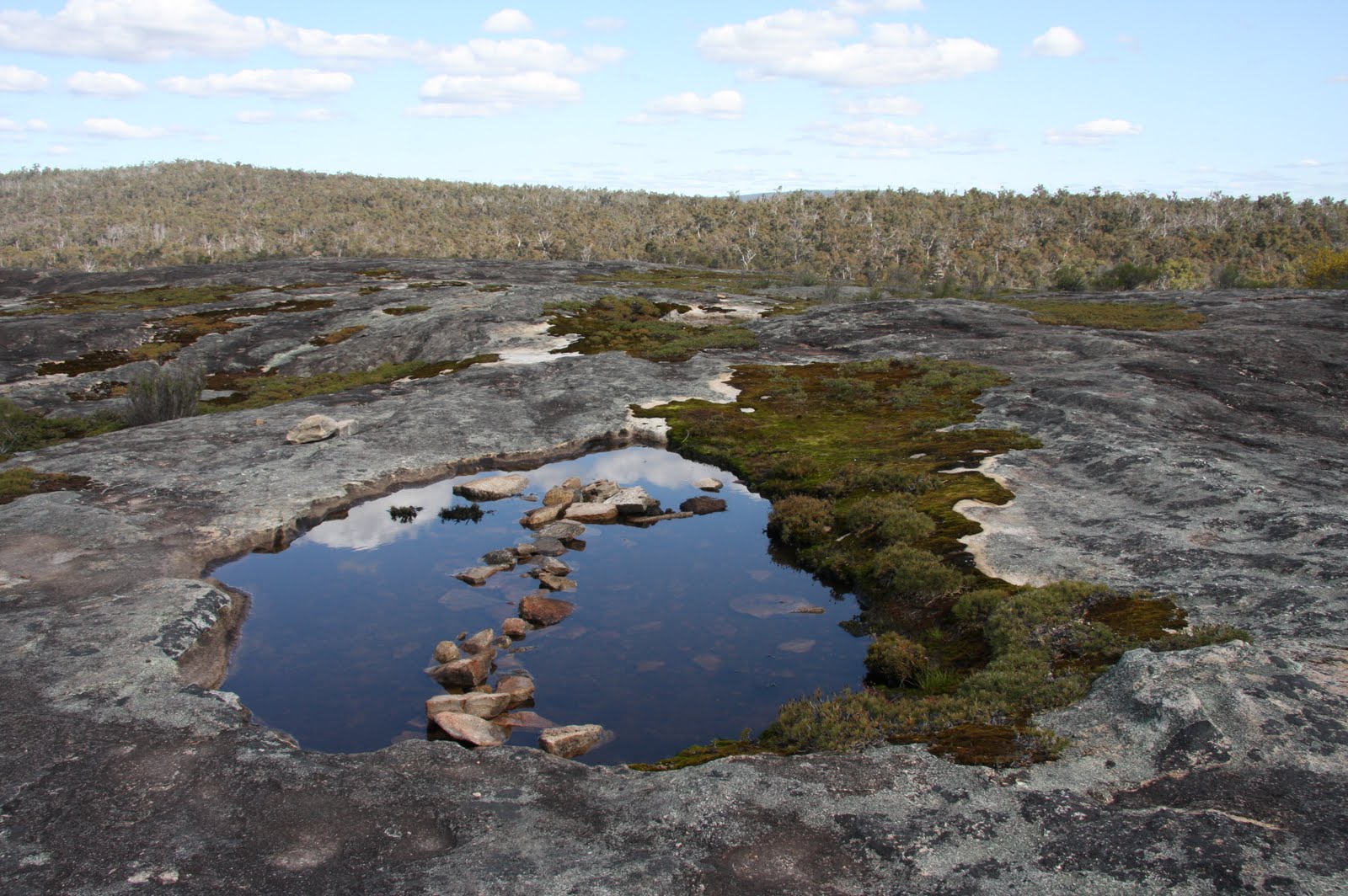Difference between revisions of "Natural ground catchment and Open water reservoir"
From Akvopedia
(→Suitable conditions) |
(→Suitable conditions) |
||
| Line 3: | Line 3: | ||
==Suitable conditions== | ==Suitable conditions== | ||
| − | * The rock that makes up the catchment should be bare and free of vegetation/soil. It should have no fractures or cracks that would result in a | + | * The rock that makes up the catchment should be bare and free of vegetation/soil. It should have no fractures or cracks that would result in a loss of water through seepage. |
| − | loss of water through seepage. | + | * Site the dams for rock catchments to maximize the natural topography – to get the best volume, make dams on the lower side of existing rock pools. |
| − | * Site the dams for rock catchments to maximize the natural topography – to get the best volume, make dams on the lower side of existing | ||
| − | rock pools. | ||
==Construction, operations and maintenance== | ==Construction, operations and maintenance== | ||
Revision as of 07:33, 5 April 2012
These are naturally occurring catchments of bare rock that have high runoff coefficients (around 0.9). Water can be stored as an open reservoir behind a retaining structure, with storage capacities ranging from 20 – 4,000 m3, or can be stored directly in a covered storage tank that collects water directly from the catchment.
Contents
Suitable conditions
- The rock that makes up the catchment should be bare and free of vegetation/soil. It should have no fractures or cracks that would result in a loss of water through seepage.
- Site the dams for rock catchments to maximize the natural topography – to get the best volume, make dams on the lower side of existing rock pools.

